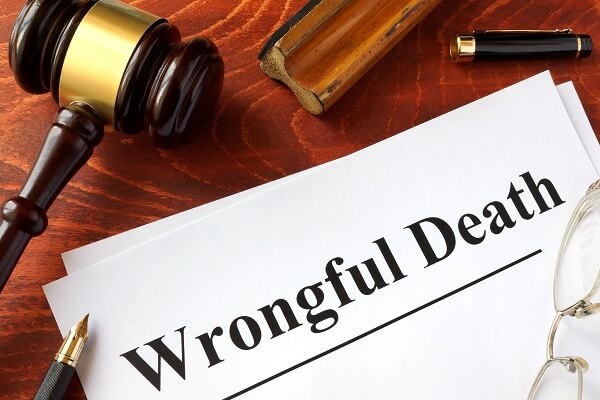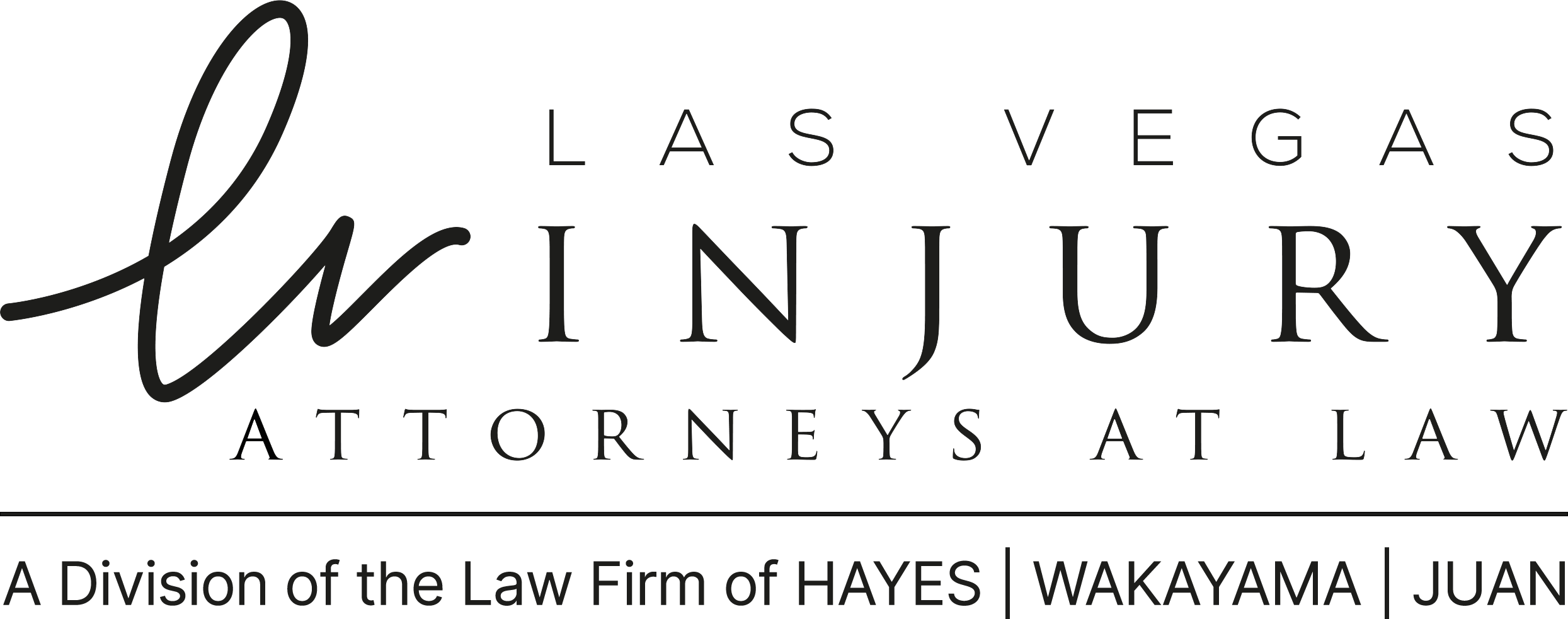Wrongful Death
“Wrongful Death” Claims in Nevada

The death of a loved one can cause disruption and grief that extends far beyond the bereavement for the loss. Surviving loved ones can be left with substantial medical bills, funeral costs and the permanent loss of the support the passing loved one would have provided. However, if the death of a loved one was caused by the negligence or intentional act of another, surviving loved ones may have a legal claim to recover for their loss.
Nevada law recognizes the legal claim of “wrongful death” to protect such surviving loved ones. Wrongful death claims are brought against a defendant who was the cause of someone’s death. The claim can arise in a number of circumstances, including: a fatality resulting from a car accident where negligence can be established; a fatality resulting from medical malpractice where professional negligence can be established; or a fatality resulting from a criminal act where gross negligence, reckless conduct or intentional conduct can be established. A widely known example of a wrongful death suit arising from intentional conduct is when OJ Simpson was sued by the estates of Nicole Brown Simpson and Ronald Goldman. The foregoing three scenarios are just examples of when a claim for wrongful death may be brought. Wrongful death claims can be brought in virtually any personal injury scenario such as products liability cases, animal attack cases and premises liability cases.
Legal Prerequisites for Wrongful Death Claims
In Nevada, wrongful death claims must be filed within two years of the decedent’s death. Wrongful death claims are usually brought and maintained by a representative of the estate of the decedent on behalf of the surviving family members. However, not just anyone can file a wrongful death claim. Click here for a detailed analysis on who can bring a wrongful death claim in Nevada. In order to establish liability against the defendant, the estate must typically prove a neglectful or intentional act that causes the death. In some cases, such as animal attacks and scenarios involving inherently dangerous activity (i.e., construction blasting), a defendant may be found strictly liable for the resulting death. In strict liability cases, negligence or intentional conduct need not be established.
Damages in Wrongful Death Cases
The categories of losses in which a survivor may be compensated in a wrongful death case, or “damages,” include the following:
- the decedent’s pre-death pain and suffering – commonly referred to as a “survival claim”;
- the medical costs that the decedent incurred as a result of the injury prior to death;
- funeral and burial costs;
- loss of the decedent’s expected income;
- loss of any inheritance as a result of the death;
- value of the services that the decedent would have provided;
- loss of care, guidance, and nurturing that the decedent would have provided;
- loss of love and companionship; and/or
- loss of consortium.
